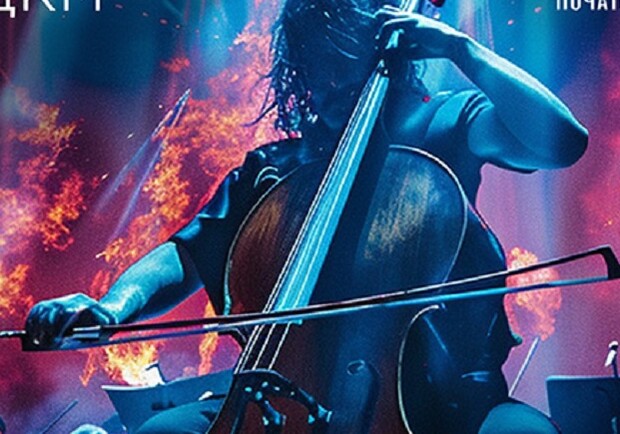ул. Институтская, 1
МЦКИ Октябрьский Дворец
20 сентября 2024, 19:00
(044) 279-15-82
400 – 2100 грн. 
На этих песнях росли целые поколения. Это музыка свободы. Есть уникальная возможность — услышать на одном концерте рок-хиты разных эпох и направлений. От зарождения рок-н-ролла до современности. И все это в исполнении симфонического оркестра, семи солистов, хора и рок-бэнда.
Рок-хиты в исполнении симфонического оркестра в Киеве
Восемьдесят артистов на одной сцене с новой сенсационной программой! LEGENDARY ROCK VOICES – симфоническое шоу поражающее! Вы должны услышать легендарные композиции, изменившие музыку и мир!
На концерте прозвучат песни следующих групп:
Rammstein
Pink Floyd
Metallica
Nirvana
Muse
Deep Purple
The Cranberries
System Of a Down
Aerosmith
The Animals
